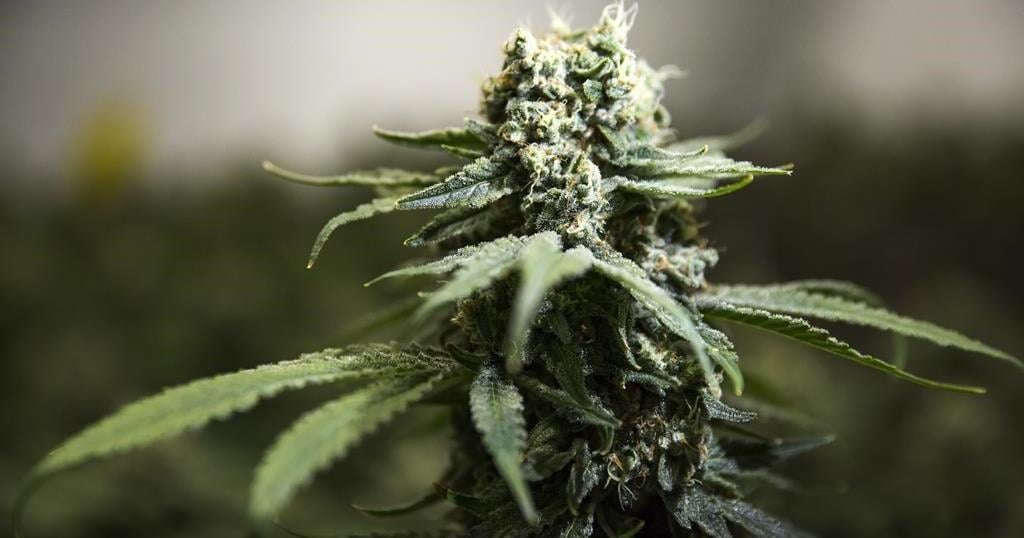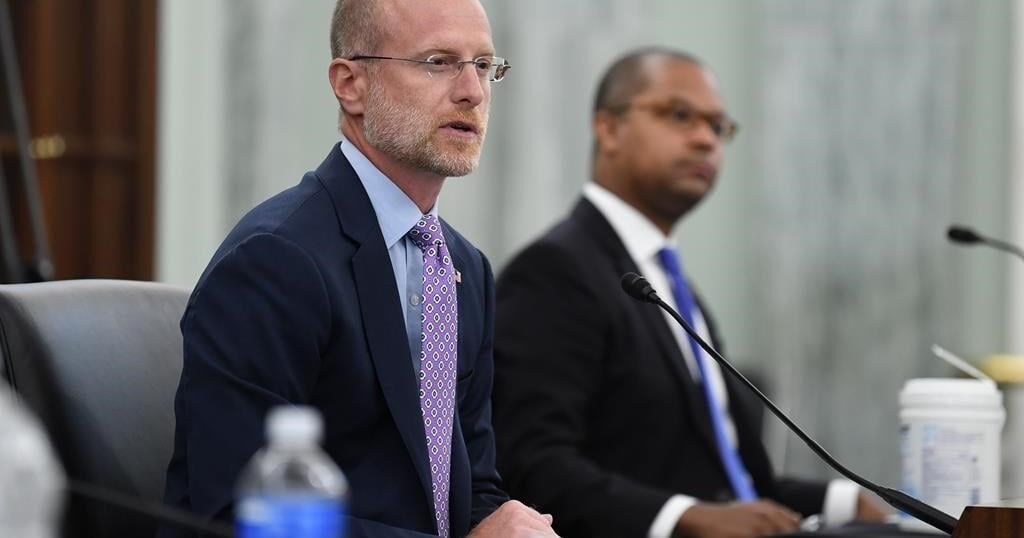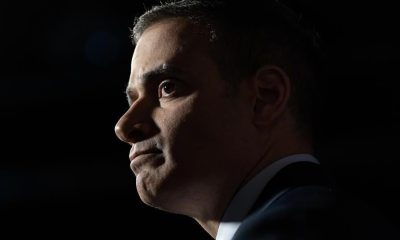HALIFAX – Wastewater tested in Halifax in 2023 contained almost twice the amount of cannabis metabolites compared with samples taken from other big cities in Canada, like Toronto or Montreal.
The results are from a survey conducted in November 2023 by Statistics Canada, which tracked various drug metabolites in the wastewater in Halifax, Montreal, Toronto, Saskatoon, Edmonton and Vancouver.
In Halifax, the survey found 748 milligrams of THC metabolites per 1,000 people per day — well above the 448 milligrams average among the surveyed cities. THC is the compound in cannabis that causes the drug’s psychoactive effects.
Lisa Oliver, chief of the survey, said researchers continuously collected samples from wastewater plants over a one-week period and calculated the concentration of drug derivatives found in them.
The project started in 2019 as a way to measure substance consumption because “drugs, and in particular illicit drugs, can be very difficult to understand” using traditional survey methods, Oliver said.
“The thing about wastewater is it’s not biased and there’s no response burden on individuals,” she said.
While there’s no way to know for sure why Halifax’s rate of cannabis use is so much higher than other major cities, psychiatrist and Dalhousie University professor Dr. Phil Tibbo says the province’s Department of Health may want to consider the survey results when, or if, it looks at revising its cannabis policies.
“This data shows that high rate of cannabis use in our population, and that’s concerning,” he said, “but what this doesn’t show is the age group of the people using, or the potency of the (cannabis) product.”
The federal government legalized cannabis across Canada in October 2018, and one year before, Nova Scotia had the highest cannabis-consumption rate in the country, according to the federal statistics agency.
Tibbo said that while the hypothesis is only anecdotal, he believes the high rate may be due to the fact a “cultural acceptance has been there for quite some time” in Nova Scotia’s capital regarding marijuana.
“I think historically, even before legalization, it tends to be the case that we see intergenerational use” of cannabis, Tibbo said, such as parents smoking weed and using it around their teenage or young adult children, who then consume the drug. It’s also possible that Halifax’s large university and college student population is contributing to the high levels, though there’s no way to know without demographic use data, Tibbo said.
Tibbo’s research focuses on the link between early signs of psychosis and cannabis use among youth and young adults. Evidence shows the younger someone is when they start using cannabis and the more frequently they consume it are “high risk factors” for developing psychosis symptoms, he said.
“And more recently, a lot more attention is being paid to the potency of cannabis products,” as a high risk factor for psychosis, Tibbo said, adding that for many years cannabis plants only produced flowers with between one to two per cent THC.
“But over the last couple of decades the plant has been bred to produce a far higher potency product.”
Nova Scotia sells cannabis through the provincial liquor corporation, which offers dried cannabis flower on its website that contains THC levels as high as 38 per cent.
Tibbo said the province could consider limiting the potency of the products it sells, or consider age-based restrictions on high-potency pot. Or, Tibbo said, Nova Scotia could consider increasing the legal age to purchase cannabis, which is 19.
In Quebec, only people 21 and older can legally purchase weed.
This report by The Canadian Press was first published Oct. 11, 2024.

























